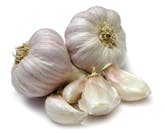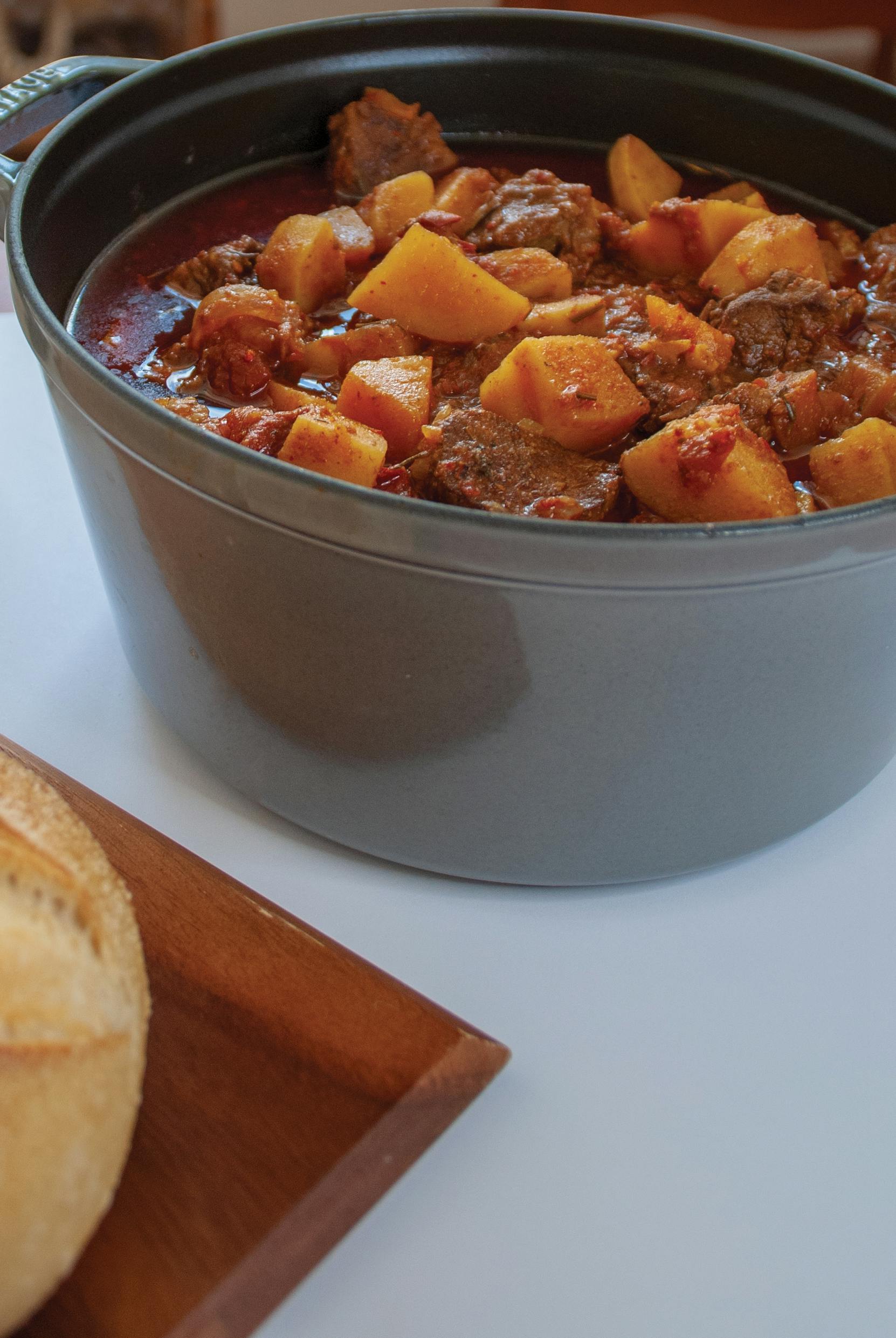Yemenites Spice Up Israeli Culture: Zhug


A small, poor country in the southwest corner of the Arabian Peninsula, Yemen is a land whose origin remains a mystery. Some believe that the first Jews to arrive fled there after the destruction of Solomon’s Temple in 586 BC. Others think that a contingent of Jews traveling home with the Queen of Sheba took up residence in Yemen, or perhaps the community was founded by Jewish soldiers stationed there during Roman times. Regardless of its origins, the Yemenite Jewish community was well established with several thousand members by the third century AD.
The community was sometimes governed by local tribesmen who had converted to Judaism and treated the Jewish population well, and other times by Muslim rulers who subjected the Jews to overwhelming restrictions. They could ride only donkeys, were ghettoized, and not allowed to wear colored robes. Men could not carry weapons, and Jewish orphans under age 13 were required to convert to Islam and become a part of the Muslim community.
Throughout their history, Yemenite Jews lived under unspeakably poor conditions until 1950 when they were airlifted to Israel. They had never seen an airplane, slept in a bed, used a toilet, talked on a telephone, or seen an electric light, and the average adult male weighed a scant 86 pounds (39 kilos). Yet, they kept their homes and families clean in strict accordance with religious guidelines. They were diligent to educate their children, even though their schools could rarely afford more than one book. Because they gathered in small circles around it to study, Yemenite children could often read words right-side-up, upside-down, or from either side!
Yemenite Jews have brought a rich and beautiful heritage to Israel. Highly skilled craftsmen create unique art and jewelry, while their music, poetry, and dance express a pure religious heart. Yemenite cooking is distinguished by its distinctive blends of spices. Despite their history of poverty, their creativity and zest for life is displayed in traditional recipes that are now a firmly established part of Israeli cuisine. Try the zhug recipe, a popular Yemeni spice blend that is easy to make and will add a delicious touch to any meat, fish, or vegetable dish.
By Cheryl Hauer, International Development Director
Zhug
A fiery mixture served at every Yemenite meal
The Dip:
cloves from 2 heads of garlic, peeled 1/2 cup hot red peppers 2 cups fresh coriander 1 tbsp salt juice of 1/2 lemon
The Spice Mix:
10 cardamom seeds 10 cloves garlic 1 tbsp black peppercorns 1 tbsp cumin seeds
Crush the garlic, peppers, and coriander to a nearly smooth paste. Lightly roast the spices in a dry skillet. When they cool down, grind them in a spice or coffee grinder or pulse in a food processor. Mix the dip and the spices and season with salt. Transfer to a jar and pour the lemon juice on top to preserve the green color. Store in the refrigerator.
From The Book of New Israeli Food by Janna Gur
Related Resources

Discover Your Purpose and God’s Heart For You
In today's divided, turbulent world, it's essential for the Church to rediscover God's heart. Our free e-book, authored by a seasoned expert with three decades of experience in Israel, delves deep into the teachings of Jesus (Yeshua) to reveal God’s principles of love and purpose. Learn how embracing these truths can bring significance and impact to your life, even amidst chaos. Subscribe now to receive your free copy and embark on a journey of transformation.



